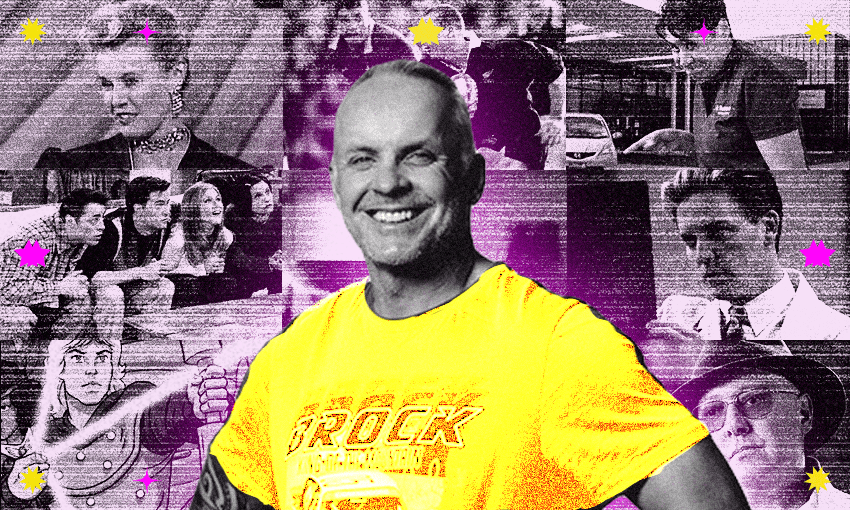A more youth-focused, integrated, and coherent system of
care is required to meet young people’s mental health needs,
says the Auditor-General in
a new report.
“Mental health concerns are the
biggest health issue facing young New Zealanders today,”
says Auditor-General John Ryan. “However, we found that
many young people cannot get mental health support when they
need it. In a country that prides itself on being a good
place to bring up children and young people, this is a
matter we should all be concerned about.”
Young
people report the highest level of unmet need for mental
health care of any age group. Early and effective support
can help to reduce the lifelong human and economic costs of
mental illness for individuals, whānau, and
society.
The Auditor-General’s work focused on how
well government agencies understand and work together to
meet the mental health needs of young people aged 12 to 24
years.
Young people were one of the groups targeted by
the previous Government’s multi-agency investment of $1.9
billion of new spending over four years into mental health
and well-being through the 2019 Wellbeing Budget.
The
audit found that the 2019 funding of new youth-specific
primary mental health and addiction services is making a
difference, with about 3,000 young people accessing these
services each month. In time, this increased investment in
primary care might relieve demand for more specialised
services. However, in the meantime, young people in need of
specialist support are waiting longer to access specialist
care than when the Wellbeing Budget was released.
Advertisement – scroll to continue reading
To
create a more coherent and integrated youth mental health
system, agencies need to work together
better.
“Despite the best intentions and efforts of
the many people working in mental health and addiction
services, agencies remain too focused on their own
programmes or services,” says Mr Ryan. “This comes at
the expense of working together to ensure that young people
can access consistent and integrated care as they enter,
move through, and leave the care of
services.”
Services and support should also be
tailored to meet young people’s
needs.
“Young people are often
expected to fit into services and models of care designed
for older adults,” says Mr Ryan. “Many barriers young
people experience in accessing mental health support can be
overcome if services and supports are tailored to their
specific needs.
“Meeting their needs also means
involving young people more in the design and delivery of
mental health services.”
The report identifies a
need for urgent action to develop a national mental health
and addiction workforce plan.
“My staff were
impressed by the care and dedication of those in the mental
health and addiction workforce, who work hard to support
young people,” says Mr Ryan. “However, they are also a
workforce under considerable strain due to capacity
pressures across the sector.
“Sustained effort will
be needed to fill workforce gaps by increasing the local
education and training pipelines for new and existing types
of mental health and addiction practitioner.”
The
audit also found that agencies need better information about
the extent and distribution of young peoples’ mental
health needs to effectively target services and
spending.
The report makes nine
recommendations designed to support a coherent system of
mental health services where all young people can access
appropriate and consistent care when and where they need
it.
Young peoples’ mental health and well-being is
an ongoing focus for the Office. The Auditor-General will
closely monitor government agencies’ work in this area,
including following up on the report’s
recommendations.
We’d like your
feedback: Our website includes a feedback form.
Please tell us if you found our information
useful.
Read our blog
posts to find out more about the work of the Office. We
also have Twitter, Facebook,
LinkedIn,
and Instagram
pages that you can
follow.
© Scoop Media
Advertisement – scroll to continue reading




















Discussion about this post